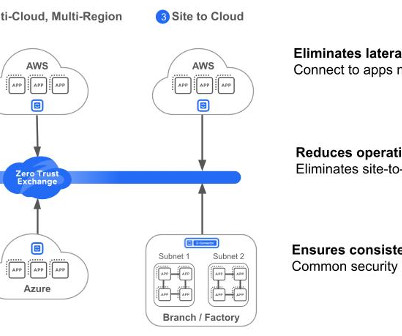Why you must extend Zero Trust to public cloud workloads
CIO Business Intelligence
NOVEMBER 8, 2023
Today, many organizations are embracing the power of the public cloud by shifting their workloads to them. A recent study shows that 98% of IT leaders 1 have adopted a public cloud infrastructure. It is estimated by the end of 2023, 31% of organizations expect to run 75% of their workloads 2 in the cloud. 8 Complexity.













Let's personalize your content